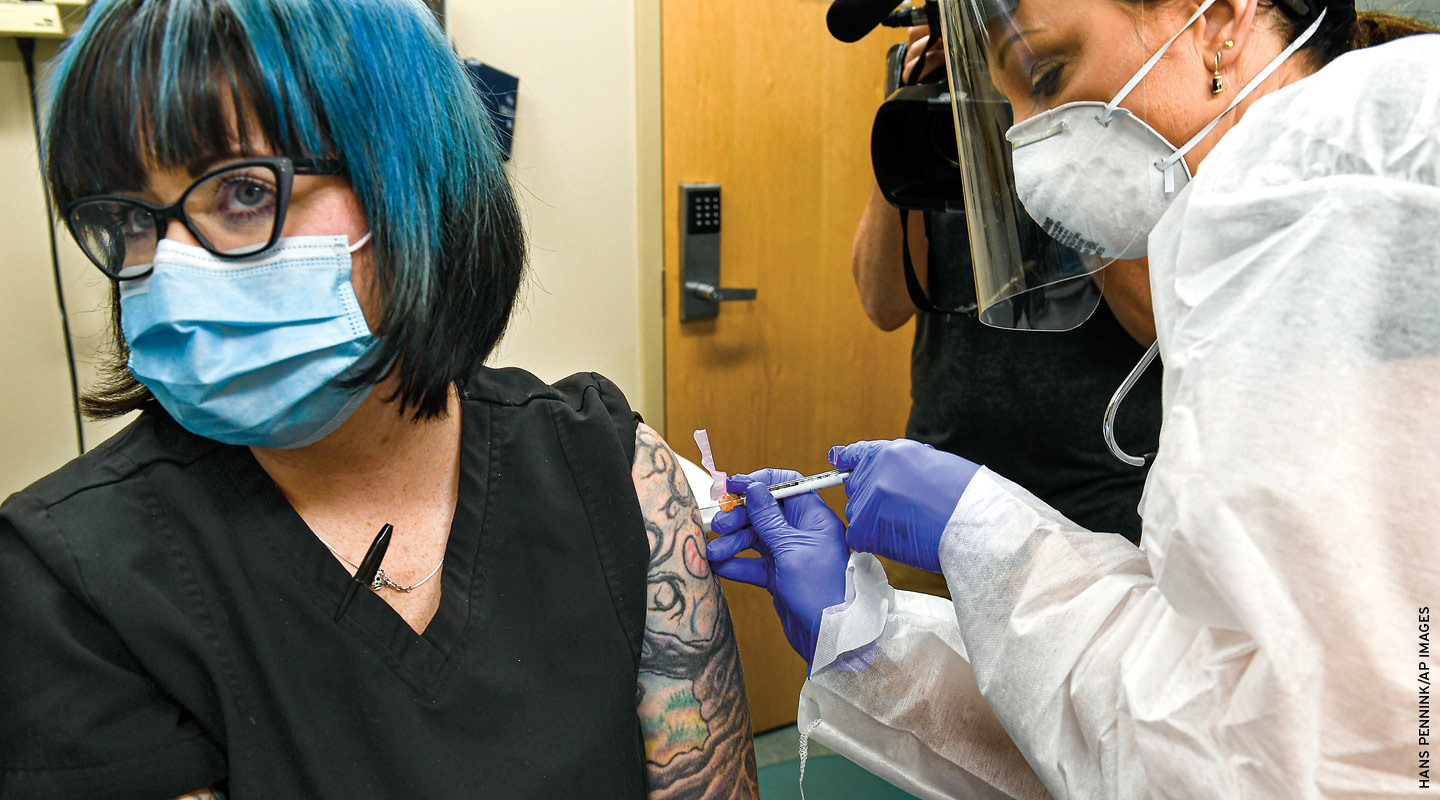Last January, as news of the coronavirus in China was just beginning to spread around the world, scientists at a vaccine research laboratory in Boston dropped everything they were working on and threw themselves into an urgent mission: finding a vaccine for this deadly new contagion.
Ever since then, researchers at the Center for Virology and Vaccine Research at Beth Israel Deaconess Medical Center have worked around the clock, trying to accomplish in months scientific breakthroughs that normally take years. Despite the enormity of the task, they are making progress.
“I’m even more optimistic now than I was several months ago,” says Dr. Dan Barouch, the center’s director and one of the world’s leading vaccine-makers.
Barouch’s lab in Boston is one of more than 100 teams of researchers around the globe desperately working to develop a safe and effective coronavirus vaccine. Never before have so many scientists from so many nations been so focused on a single goal. And they’re trying to do it faster than anyone has ever made a vaccine before.
Last January, news of the coronavirus in China was just beginning to spread around the world. At the same time, scientists at a vaccine research laboratory in Boston dropped all of their work. They then launched an urgent mission: finding a vaccine for this deadly new contagion.
Ever since then, researchers at the Center for Virology and Vaccine Research at Beth Israel Deaconess Medical Center have worked around the clock. In just several months, they’ve pushed for scientific breakthroughs that normally take years. Despite how massive and difficult their work is, they are making progress.
“I’m even more optimistic now than I was several months ago,” says Dr. Dan Barouch, the center’s director and one of the world’s leading vaccine-makers.
Barouch’s lab in Boston is only one team doing this type of work. In fact, more than 100 teams of researchers around the globe are desperately working to develop a safe and effective coronavirus vaccine. Never before have so many scientists from so many nations been so focused on a single goal. And they’re trying to do it faster than anyone has ever made a vaccine before.

